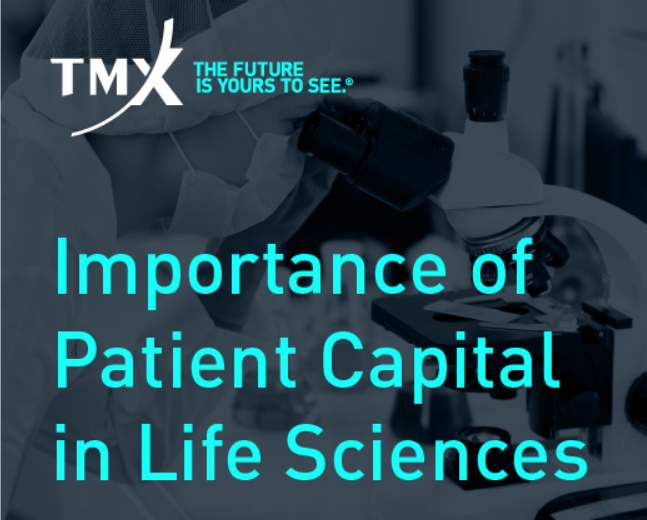
The nation’s largest private health insurer has agreed to pay for transportation costs for people donating kidneys to their insured members having transplant procedures. UnitedHealthcare (UHC) announced at the American Transplant Congress in Boston that it would begin paying lodging and travel expenses up to $5,000 for a kidney donor and companion in an effort to encourage organ donations.
That’s in addition to paying the direct medical transplant costs for the recipient and the donor.

BioLabs Pegasus Park Cultivates Life Science Ecosystem
Gabby Everett, the site director for BioLabs Pegasus Park, offered a tour of the space and shared some examples of why early-stage life science companies should choose North Texas.
The action removes at least one financial barrier to donating an organ.
A paper by Dr. James Rodrigue in February’s American Journal of Transplantation showed that 86 percent of living donors would have benefitted from reimbursement of ground transportation, 23 percent for lodging and 12 percent for airfare.
Dr. Jon Friedman, CMO for the complex medical conditions division of Optum, a subsidiary of United’s Eden Prairie, Minn.-based parent company, UnitedHealth Group, said UHC paid for 115 kidney transplants last year, 65 of which were from living donors. Friedman said that the average travel costs for living organ donors range between $2,000 and $2,500, so the added expenses would only total a few hundred thousand dollars.
But Friedman said 96 percent of organ donors in an American Society of Transplantation survey said they suffered some financial consequences from their donations. The federally funded National Living Donor Assistance Center said 75 percent of donors would have been unable to donate without assistance.

With the Rise of AI, What IP Disputes in Healthcare Are Likely to Emerge?
Munck Wilson Mandala Partner Greg Howison shared his perspective on some of the legal ramifications around AI, IP, connected devices and the data they generate, in response to emailed questions.
He said the need for living kidney donors is growing.
“So we believe that a big pool may come forth and increase that pool of available donors,” said Optum’s Friedman. Optum is the health services division than manages all of UHC’s transplants.
The American Society of Transplant Surgeons (ASTS) applauded UHC and Optum “for taking this significant step toward reducing the financial barriers to living organ donation, and we look forward to working with them and other partners to make it possible for everyone who wants to donate an organ to do so,” said ASTS President Dr. Charlie Miller.
“It turns out to be the right thing to do,” Friedman said. “A living donor transplant is a higher quality kidney replacement than a cadaveric [deceased] donor kidney, and both are better for the patient than dialysis,” he explained. “Living-donor kidneys last twice as long — 15 to 20 years — compared to seven to 10 years for cadaveric kidneys.”
And he said that the five-year survival rate is better for living-donor recipients than cadaveric recipients.
“Any way to get a patient off dialysis turns out to be a financial gain. And avoiding dialysis by having a living donor transplant is better and healthier for the patient as well,” he said.
Friedman said he’s unaware whether other large health plans are paying transportation costs for kidney donors.
“If you ask transplant societies, they don’t believe other payers are doing this or are doing this publicly,” he said. “We’re the largest insurer, and more patients will benefit from this, and we’re going to work directly through donors, with no middle man. We want to challenge everybody to be upfront and support donors because its’s the right thing to do. Somebody needs to get the ball moving.”
A spokeswoman for Blues plan Anthem said that while plan benefits can vary, Anthem’s commercial health plans generally cover pre-approved reasonable and necessary travel costs for donors under the recipient’s benefit. Anthem’s Lori McLaughlin said those benefits may include lodging and transportation for donor transplants who travel more than 75 miles from their home to reach the facility where the covered transplant procedure will be performed.
Friedman said that for now, UHC will pay transportation expenses just for kidney donors, but once it’s been operationalized, he predicts that transportation reimbursement will apply for liver donors, too.
He explained that the kidney donors can be uninsured or covered by another health plan as long as the kidney recipient is a fully insured UHC member as of Jan. 1, 2017. Donors will be reimbursed up to two years after donation.
Photo: Flickr user Helen Taylor













